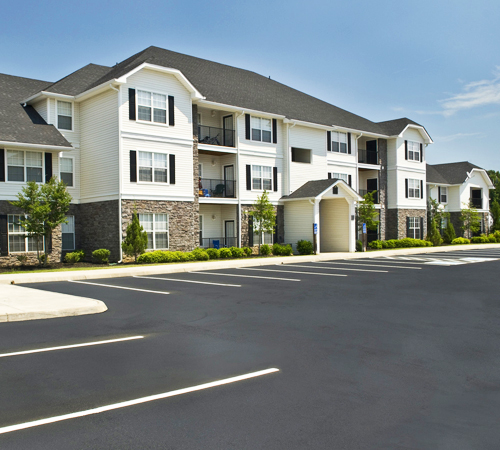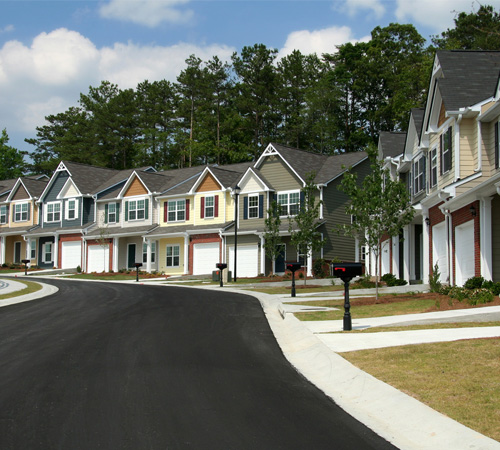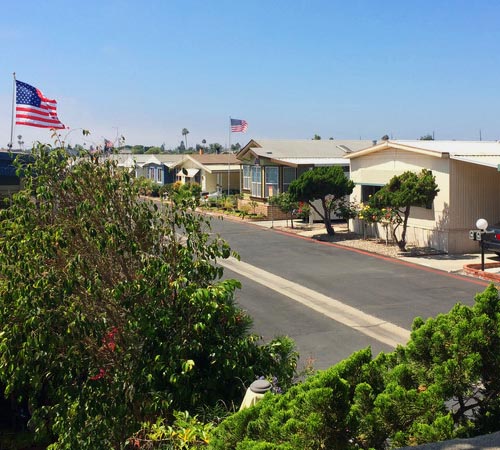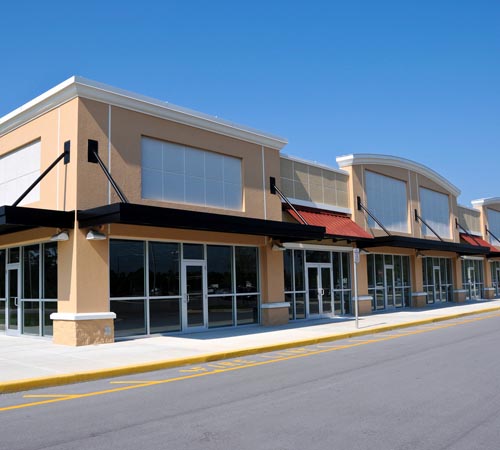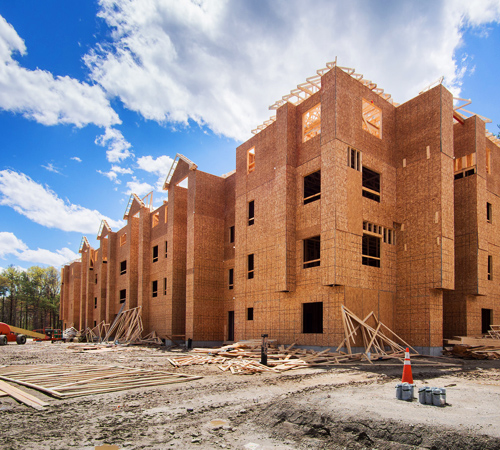North Richland Hills Utility Submetering and Billing
Customized to Recover More of Your Utility Costs!
North Richland Hills Utility Submetering and Billing
for Water, Electric and Gas
We are very proud to be one of the nations leading providers of customized water, electric and gas utility submetering and billing services. We are the logical choice when compared to our competitors because our North Richland Hills utility submetering and billing services can all be selected individually and adjusted to meet the unique requirements of the multifamily communities, condominium communities, mobile home parks, and commercial properties that we serve. Below is a more detailed look at how we serve a few of these markets.
Utility Submetering & Billing
for Multifamily Communities
We partner with multifamily community property managers more than any other type of multi-unit community or property. We believe that this is largely due to our ability to provide the specific services a property manager wishes to use, and provide those services exactly how they would like them to be provided. It’s easy to choose us over our competitors because we were built to provide truly customizable North Richland Hills utility submetering and billing solutions that are designed and delivered to the specific needs and preferences of our customers. How would you like us to help you recover more of your community’s utility costs?
Utility Submetering & Billing
for Condominium Communities
Condominium community property managers choose Oates Energy over other providers for many reasons. But one of the main reasons is that they benefit by encouraging utility conservation in order to lower over all utility costs. This allows them to keep HOA fees as low as possible. Oates Energy provides condominium communities with the ability to institute utility submetering and billing solutions designed to bill residences fairly and accurately, based on usage. Contact us to learn about our custom tailored North Richland Hills utility submetering and billing solutions and how they can help your community recover more of its utility costs!
Utility Submetering & Billing
for Mobile Home Parks
We help mobile home park property managers in a number of ways. We can install and repair utility submetering systems and equipment. We are able to bill residents for their utilities that are submetered based on usage and for the utilities that are not submetered based on a RUBS formula. We can also bill residents for other monthly charges such as cable TV and Internet.
We customize streamlined billing solutions for virtually any need. And our U.S. based resident customer care will help residents with any questions or concerns they may have about their bills. And we can do all of this for parks with as few as 50 residents. Contact us to discuss how our North Richland Hills utility submetering and billing services can help you recover more of your parks utility costs.
Utility Submetering & Billing
for Commercial Properties
Commercial properties interested in North Richland Hills utility submetering and billing services find us to be a great fit because our entire business model is based on flexibility. All of our services and support can be selected individually and adjusted to each property manager’s exact needs and preferences. Property managers choose only the services they need us to provide and then we help them adjust the services they selected so that they are provided the way the would like them to be provided. We help our commercial property managers exactly how they need us to. How would you like us to help you recover more of your property’s utility costs?
Submetering Installation
for New Construction
Oates Energy has been installing water, electric and gas utility submetering systems for general contractors on new multi-unit construction projects all over the country for over two decades. We have an excellent record of jobsite safety and are known for our quality workmanship and completing projects on time. If you are planning a new project that calls for utility submetering system installation, we would be pleased to provide you with a detailed bid.
Utility Submetering Laws and Regulations in Texas
A political subdivision may not authorize the construction or occupancy of a new apartment house, including the conversion of property to a condominium, unless the construction plan provides for the measurement of the quantity of electricity consumed by the occupants of each dwelling unit of the apartment house, either by individual metering by the utility company or by submetering by the owner.
This section does not prohibit a political subdivision from issuing a permit to a nonprofit organization for construction of a new apartment house for occupancy by low-income elderly tenants if the nonprofit organization establishes, by submitting engineering and cost data and a sworn statement, that all cost savings will be passed on to the low-income elderly tenants (Tex. Utilities Code Ann. §184.012).
The Texas Water Code requires each unit in a building with five or more residential units built after Jan. 1, 2003 to have either an individual water utility meter or sub-meter. If feasible, it requires water companies to install individual meters in such buildings at the building owner’s request. The water company can charge reasonable costs for installing the meters. If the water company determines that installing these meters is not feasible, the law requires the property owner to install a plumbing system compatible with sub-meters.
For submetering multi-unit property owners, the state’s water code limits submetering charges on tenants to the cost per gallon and applicable taxes and surcharges charged by the water company; a late fee up to five percent of the late bill; and a service charge of up to nine percent of the costs related to submetering allocated to each sub-metered unit. The code also requires the property owners to maintain adequate records and make them available to tenants and sub-meters to meet certain standards for accuracy, testing, and record keeping (Texas Water Code §13.501 through 13.506).
*Information courtesy of:
The National Conference of State Legislatures
WestlawNext, 2016.


